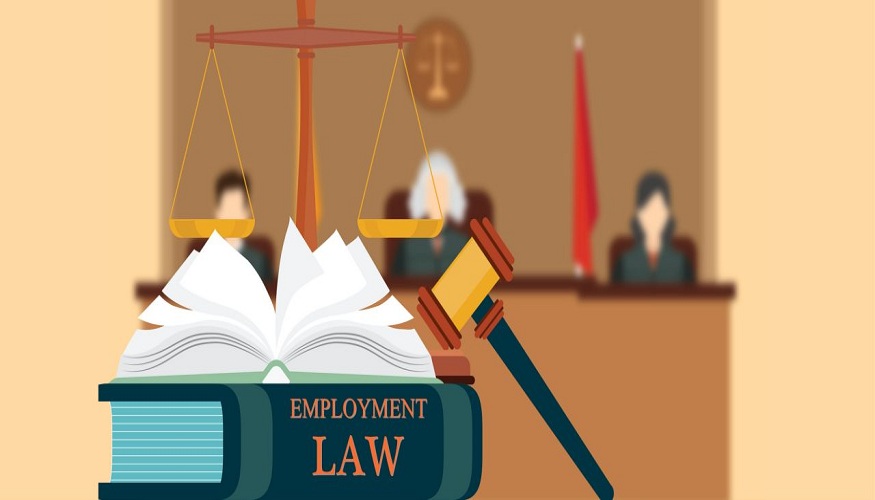Yes, generally, you can sue your employer for emotional distress. But whether your claim will be limited to collecting only money damages to cover your medical expenses and lost wages will depend on the laws of your state. Under most states Workers’ Compensation laws, a worker who has suffered emotional distress because of his or her work will only be able to bring a Workers’ Comp claim against his or her employer. However, if there were third parties whose negligence caused or contributed to your condition, then you may be able to bring a lawsuit to recover pain and suffering compensation as well as monetary damages. An experienced attorney at Michigan Workers’ Comp Lawyers can help you make all the responsible parties accountable and that you receive a result that reflects how much your claim is truly worth.
Can I File a Workers’ Compensation Claim for Emotional Distress?
Filing a workers’ compensation claim for emotional distress can be challenging. Typically, workers’ compensation claims focus on physical injuries sustained while on the job. However, some jurisdictions allow for compensation if the emotional distress is tied to a physical injury, or if the stress is due to a specific, traumatic event that occurred at work.
Will It Help If I Have a Lawyer?
An experienced lawyer can help you with pursuing a Workers’ Comp case against your employer and a negligence case against any third parties – people or businesses other than your boss or people you work with – whose actions may have caused your emotional distress. These claims against third parties may include a cause of action for Intentional Infliction of Emotional Distress or Negligent Infliction of Emotional Distress.
Your lawyer will help you gather evidence for your case, interview witnesses, depose your employer and co-workers, negotiate a settlement with the insurance companies, and represent you at trial if your employer and the insurance company refuse to settle for a fair amount.
What Do I Need to Show to Prove That I Suffered Emotional Distress?
To establish emotional distress, the plaintiff needs to demonstrate:
- The defendant engaged in negligent or intentional conduct.
- This conduct directly caused emotional distress.
- The distress was severe and not a normal reaction to the circumstances.
- Medical documentation or expert testimony might be required to support the claim.
What Are the Causes of Emotional Distress?
Causes of emotional distress in the workplace may include but are not limited to: harassment, discrimination, bullying, threats, wrongful termination, retaliation, hostile work environment, or witnessing traumatic events.
What Are the Symptoms or Signs That Work Is Causing a Person to Suffer Emotional Distress?
Signs that work may be causing emotional distress include: anxiety, depression, irritability, sleep disturbances, physical symptoms (e.g., headaches, stomachaches), nightmares, dizziness, shaking hands, social isolation, loss of appetite, mood swings, crying spells, and reduced work performance.
Conclusion
In conclusion, it is possible to file a lawsuit against your employer for emotional distress if the distress is a result of the employer’s intentional or negligent conduct that crosses the boundaries of acceptable behavior in the workplace. Your lawsuit will likely involve a claim for Workers’ Comp benefits. It may also include a negligence claim against responsible thirdparties. Engaging an experienced attorney to assist with your case can make a significant difference in navigating the legal complexities and safeguarding your rights. It’s crucial to recognize the causes and symptoms of emotional distress in the workplace, as doing so is the first step towards seeking appropriate assistance and legal remedies to protect your well-being and obtain fair compensation in the face of unjust actions.

